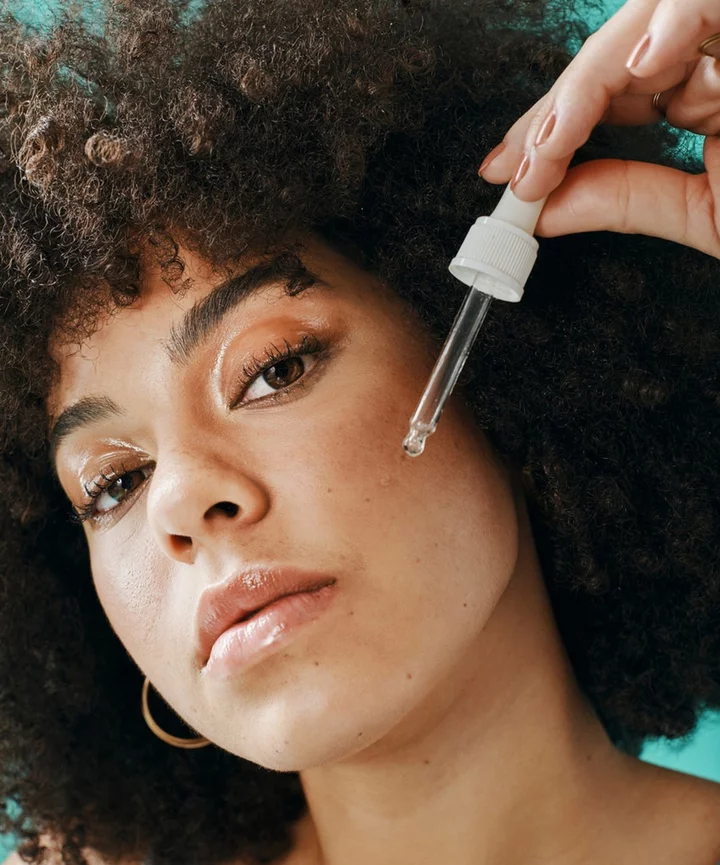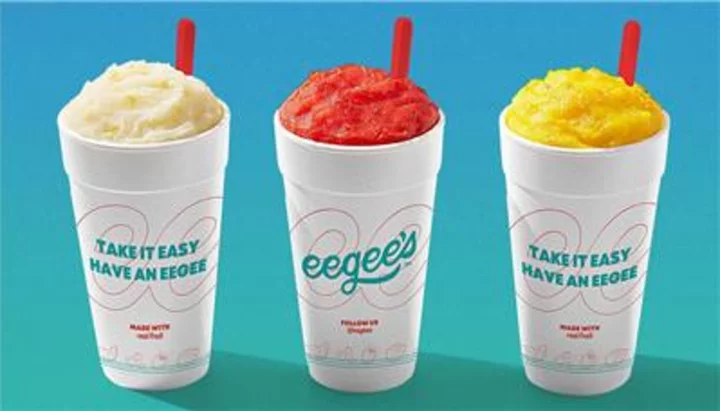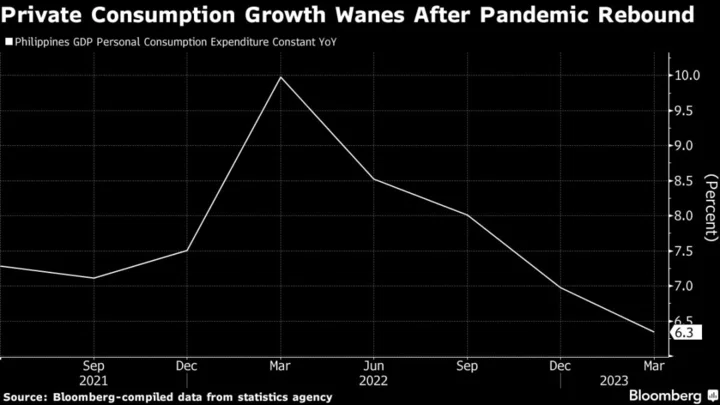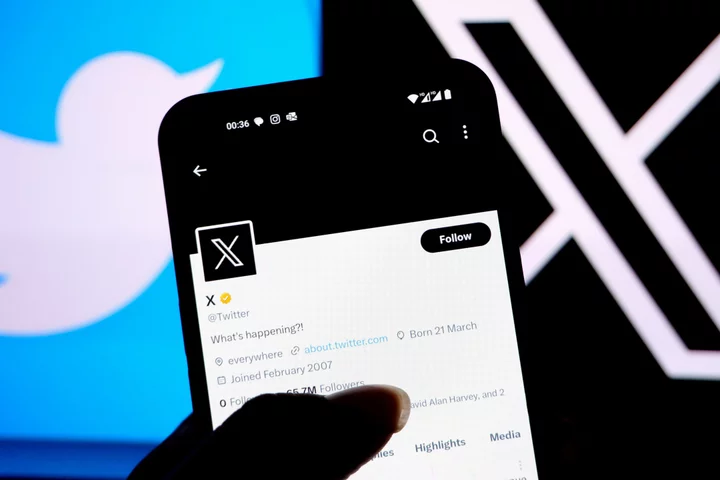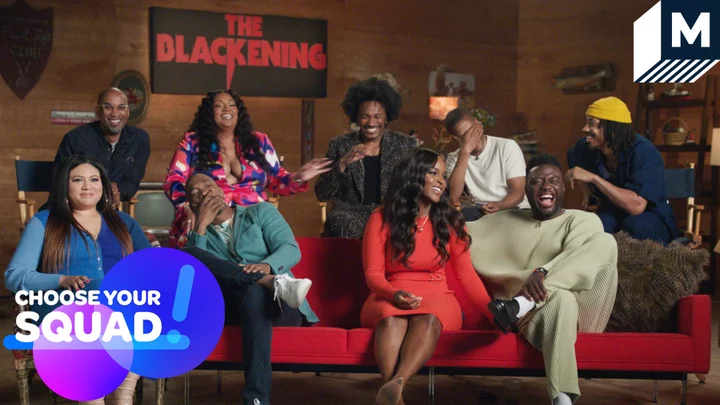The trend of Girl Measuring everything is a little weird, but it makes sense. Whether you’re debating if a bowl of popcorn counts as Girl Dinner or justifying buying a dress based purely on its resale value, the math is mathing. And truly, no one understands Girl Math more than a beauty aficionado.
Beyoncé once said, “It should cost a billion to look this good,” and sometimes walking through a Sephora can feel that way. Between the cost of maintenance appointments — hair, facials, and nails — and the upkeep purchases — skincare, haircare and everything in between, Beauty Girl Math is a master class in return on investment. People will spend a lot of money on self-care — this isn’t about vanity.
So, how exactly does Beauty Girl Math work? Personally, any time I reuse my hair extensions, I’ve saved money. A $500 human hair wig is less expensive than six $60 wigs. Purchasing a $40 moisturizer at Sephora or Ulta is less costly than a $40 moisturizer from a drugstore. A viral example of Beauty Girl Math is the woman from TikTok who went to Turkey for hair extensions and spent $1,500 on the entire trip. (She was quoted $4,450 by her regular salon in the US, almost $3K in savings.) It’s a hair vacation — and the ultimate in Girl Math. If she and I are Beauty Girl Math-ing, we must all be, right? To answer that question, I spoke to some of the beauty industry’s biggest names to see how they apply Beauty Girl Math to their own lives.
Being a Smart Shopper = Beauty Girl Math
Beauty Girl Math is a way of life, but it’s not unattainable. Remember when we were all obsessed with Extreme Couponing? That’s kind of what Beauty Girl Math is — finding the best and most effective way to get what you want and for the least amount of money. Multipurpose products are the ultimate return on investment. “Buying multipurpose products is my go-to. I don’t want to spend money on a bunch of products when I can buy one product for multiple purposes and keep my makeup routine clean and edited,” says Kirsten Carriol, founder and CEO of Lanolips. “I can mentally divide the cost of the product by how many different ‘off label’ ways I dream up to put it to use.” Whether it’s a $65 10-pan palette with multiple shades that you can use to create your entire face including blush and lip color, a 10-in-one leave-in hair treatment or a lip balm that doubles up as a cuticle moisturizer, it all adds up in the end.
Refillable products are always a great example of the trend, especially if the refill is on a subscription model that applies a discount. “If I buy something refillable, the cost of the original purchase and the original packaging feels like nothing — since it averages down to cents per use if you keep it forever,” founder of Seadrop Skincare, Serena Advani, says. But double-check before you make the pledge. You don’t want to commit to a refillable product only to realize you’re paying for more packaging over time.
Beauty Girl Math is how we afford beauty treatments, duh.
Tara Adashev, advanced practice registered nurse at Neinstein Plastic Surgery, prioritizes laser treatments, peels, and injectables when it comes to her beauty splurges. “I always budget quarterly for skincare spending over fancy dinners and lattes. I would rather see my money on my face than in a tossed Starbucks cup. For me, sometimes you just need La Mer over the latte.”
Beauty Girl Math is best applied when it comes to cost spent vs. time saved. The convenience of press-on nails embodies the rule, saving you both time and money in the nail salon. Joyce de Lemos, Chief Product Officer of Dieux Skin, says it perfectly: “Girl Math is getting my eyelashes done for $120 because it shaves off 15 minutes of doing eye makeup in the morning. That means less rushing, which means less stress, which means less therapy.” Cost per use is king. Or queen, I suppose.
Justine Marjan, Celebrity Hairstylist and Great Lengths USA Brand Ambassador, shared that her hair extensions are the key to Beauty Girl Math: “When I put in my extensions, I save money and time because I don’t have to spend all day at the salon getting my color done or a haircut for the next five months. It’s also an investment because my hair will already be styled when I wake up in the morning, meaning more time for work, travel, or fun.”
Beauty Girl Math needs some Beauty Girl Skincare Science, too
Really, the key to being a Beauty Girl Math prodigy is having basic knowledge about which skincare ingredients are the most legit, and how they’ll work with your skin. You can’t save money if you’re wasting it on trendy products that aren’t compatible with your skin type. “Efficacy is key. I’m not going to buy something if it doesn’t work,” says Carriol. “Beauty products should do what they promise.”
You’ll know when a skincare product isn’t compatible with your skin type. Popular and highly recommended ingredients like vitamin C, exfoliating acids and retinol, for example, come with the potential to irritate skin. Though they have multiple benefits when used correctly, they aren’t right for everyone. Overuse could lead to a damaged skin barrier, which can produce dry, flaky, red and irritated skin. If you’re trying a product for the first time, be sure to patch test it on the inside of your arm to rule out any reactions. If it’s not right for your face, it could make a great addition to your body care routine instead.
Adashev prefers to splurge on serums over cleansers between laser treatments to maintain their glow, with the logic being that serums aren’t rinsed off. It’s about spending money to save money. “If buying more efficacious skincare products means longer-lasting treatment results, then I must be saving money because I don’t have to get treatments as frequently! Girl Math.” Of course, cleansing your skin is important, particularly if you want your expensive serums to penetrate your skin and do their job. But you don’t have to spend a lot. CeraVe Hydrating Cream-to-Foam Cleanser, Loved01 Face + Body Wash, and The Ordinary Squalane Cleanser are all affordable, effective options.
Charlotte Palermino, Co-Founder and CEO of Dieux Skin, who talks a lot about ingredient effectiveness on social media, gets it: “Girl Math is learning your brand’s serum is anti-inflammatory so you drink an extra three glasses of wine because the damage cancels out,” she jokes. Palermino doesn’t tend to re-apply her sunscreen when the UV index is under two, as there is a low risk for sunburn and skin damage. However, it’s important to note that applying sunscreen on a daily basis (especially if you’re using sensitizing skincare ingredients like retinol and exfoliating acids) is the key to protecting your skin against damaging UV rays, which can cause skin cancer and premature aging, such as fine lines, wrinkles and pigmentation.
Skincare tools, such as LED face masks and microcurrent devices, are always a good option in the long run because they can be an effective reprieve in between facials and treatments. “They can be a bit pricey upon investment, but they’re great as both preventative and restorative technology, minimizing the need for more expensive treatments later on,” explains Shani Darden, esthetician and founder of Shani Darden Skin Care. Darden’s Triple Acid Peel is only $15 per use as opposed to a $400+ facial (not counting the additional time and travel), so you can get excellent, glowing skin at home on the regular without needing a facial every single month.
Fragrance always gets left out of the Girl Math conversation, but it’s expensive. While it can be great to get a set of sample sizes or a decanted tiny spray bottle from Reddit, there are plenty of ways to prolong a scent’s throw and wear time — making you spritz less and the bottle last longer. There’s the good old-fashioned Vaseline trick. For less than $1, you can extend the life of your perfume by applying a little to your wrists before spritzing your perfume. Vaseline is for the girls and always has been.
You could get a scented body lotion in your favorite fragrance (typically cheaper than a perfume) or even layer different luxury deodorant scents. “If I wear a deodorant that has such a premium fragrance that it replaces my high-end perfume, I’m making money each day that I don’t use the expensive perfume — even with owning multiple deodorant scents at a time,” says Liza Tagliati, VP of Marketing for Hume Supernatural.
Beauty rewards programs are everything Beauty Girl Math means.
We have to talk about the ultimate, and most enjoyable part of Beauty Girl Math: using points. That’s when it all becomes a fun game — how can I turn this imaginary currency into a real-life item? Cryptocurrency, who?! Nearly every beauty-related retailer has a points or rewards system, like Ulta, Sephora, and Nordstrom, where shoppers are rewarded with coupons, point multipliers and rewards (aka extra stuff) just for, well, loving beauty products. “Rewards programs that allow customers to earn points for every dollar they spend are a great return on investment,” explains Autumne West, National Beauty Director of Nordstrom.
Is there anything quite as satisfying (and aggravating) as a CVS receipt that’s longer than you, filled with coupons to save your wallet? No! Those are the tiny joys of life, and you’ve earned that. “When it comes to beauty, a gift with purchase is the ultimate Girl Math hack. I can justify spending a little extra on an item that comes with a gift with purchase, such as a mascara or a primer, because, to me, it feels like I’m buying two or more items for the price of one,” boasts West. Buy one, get one free? All I hear is that you’re free from having to go out and buy one more in the future.
In the end, Beauty Girl Math is an investment. Sure, it’s not bonds or stocks, but financial freedom doesn’t necessarily have a standard look. It’s an individualized experience. What Beauty Girl Math does is take away the level of guilt for what some deem to be “frivolous purchases.” Buying something that makes you feel good, look good, or even helps boost the longevity of a larger investment like hair color all adds up.
At Refinery29, we’re here to help you navigate this overwhelming world of stuff. All of our market picks are independently selected and curated by the editorial team. If you buy something we link to on our site, Refinery29 may earn commission.

